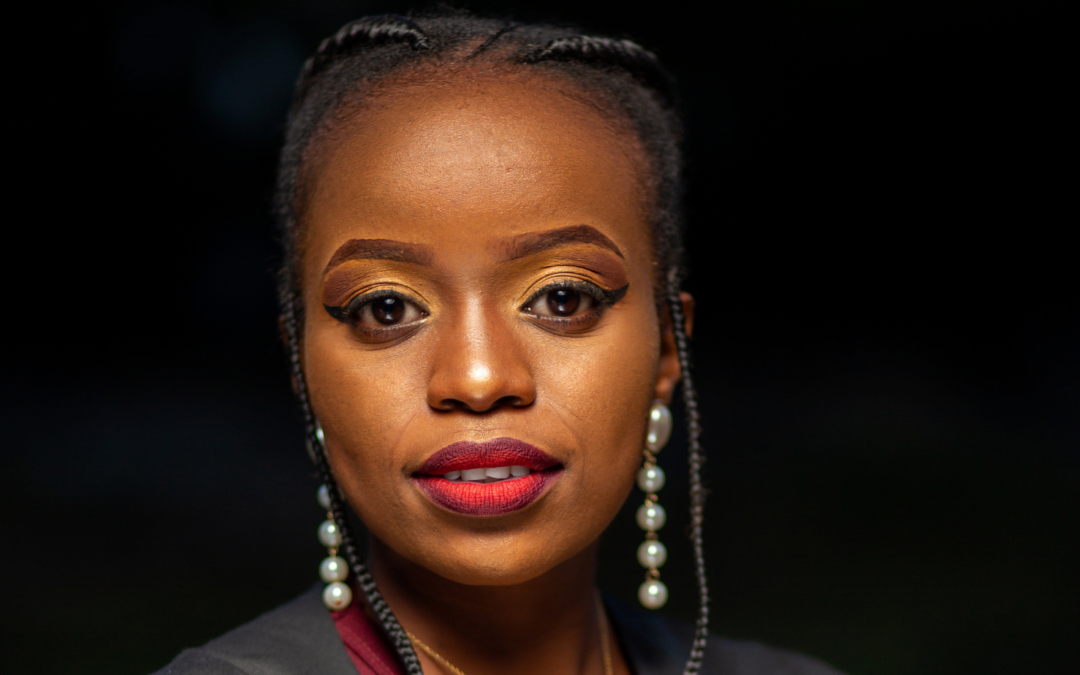It is an indisputable fact that South Africa boasts a progressive constitution that guarantees gender equality. The strides made in this country are evident, with a noteworthy statistic revealing that 55% of the adult population without formal education are women (Statistics South Africa, 2023).
This fact alone showcases the transformative journey that South Africa has embarked upon in its quest for gender parity.
A testament to this progress is the resolute commitment to combating gender marginalization through legislative and policy measures.
The formalization of affirmative action has shattered barriers, paving the way for historically marginalized groups to access higher education institutions.
It’s a stark departure from the global scenario, where the daunting projection of 131 years to bridge the gender gap hangs over us, while a staggering 181 million young women worldwide remain disengaged from education, employment, or training (Global Gender Gap Report, 2023).
Yet, in the midst of this global challenge, we must recognize that the education and future employment prospects for women continue to grapple within the confines of a patriarchal society.
Digging deeper, we find the fingerprints of systemic gender inequality imprinted in the choices women make in the realm of education.
A comprehensive look at the enrollment figures across major fields of study unveils an intriguing pattern in that women outnumber men in all fields except Science, Engineering, and Technology (SET) (Department of Higher Education and Training, 2022).
The concern amplifies when we consider that despite the dominance of SET enrollments in public Higher Education Institutions, male students significantly outnumber their female counterparts.
This disparity becomes even more alarming in light of the ‘4th Industrial Revolution Launch’ hosted by the South African Parliament in June 2023.
This launch underscores the pivotal role SET fields play in such a revolution, while simultaneously highlighting the limited opportunities for women in this sector. It’s a glaring sign that reforms in this area are not just necessary but imperative.
Delving into the numbers, it’s perplexing to note that although male students form the majority of SET enrollments, it’s the female students who consistently outperform their male counterparts in terms of graduation rates (Department of Higher Education and Training, 2022).
This fact should be evidence enough to underscore the urgency of supporting and mentoring women in the SET fields.
The current discrepancy not only hampers women’s potential contribution to society but also robs them of the chance to participate fully in technological advancements.
In a world where evidence suggests that involving women in technology leads to more innovative solutions catering to diverse needs (UN), the exclusion of women comes at a significant cost.
Notably, South Africa has demonstrated that women excel in educational outcomes when compared to their male counterparts (Education and Labour Market Outcomes in South Africa for 2018).
Addressing the inertia toward investing in South Africa’s youth education, an innovative solution has entered the stage. Launched in June 2023, the MOPSY Group’s Plug and Transform Student initiative is poised to revolutionize the education landscape.
This initiative goes beyond administering bursaries to students in debt; it offers psychometric testing to guide appropriate degree and career choices, aiming to optimize productivity and performance.
What sets this platform apart is its commitment to generating a positive return on investment from the skills development budget.
By narrowing the gap between access and outcomes for female learners, the initiative aims to foster an environment of inclusivity and empowerment.
In a world where education is synonymous with empowerment, South Africa’s journey to bridge the gender gap is an ongoing narrative of progress and transformation.
As we continue to navigate the complexities of societal paradigms, it is crucial to champion the cause of women in education.
By doing so, we not only enable individuals to shape their destinies but also contribute to the holistic development of our nation.
Education undeniably empowers individuals to control their lives. It plays a pivotal role in personal and national development, deserving the utmost attention and consideration.
Article by: Oratile Thothela
References:
Department of Higher Education and Training. (2023). Fact Sheet – Adult Illiteracy in South Africa – March 2023. [online] Available at: https://www.dhet.gov.za/Planning%20Monitoring%20and%20Evaluation%20Coordination/Fact%20Sheet%20-%20Adult%20Illiteracy%20in%20South%20Africa%20-%20March%202023.pdf [Accessed 21 July 2023].
World Economic Forum. (2023). Global Gender Gap Report 2023. [online] Available at: https://www.weforum.org/reports/global-gender-gap-report-2023/?gclid=Cj0KCQjwuNemBhCBARIsADp74QRHF1oiRmHP6iXxiQY4okop8gOF0ZjnwroMAOs6b18438dAiGjoEv8aArLVEALw_wcB [Accessed 21 July 2023].
World Food Program USA. (n.d.). Gender Inequality is Causing More Women to Suffer from Hunger. [online] Available at: https://www.wfpusa.org/drivers-of-hunger/gender-inequality/#:~:text=Food%20Security- [Accessed 21 July 2023].
South African Government. (2023). Available at: https://www.gov.za/sites/default/files/gcis_document/202204/department-higher-education-and-traning-annual-report-2020-2021.pdf [Accessed 21 July 2023].
Department of Higher Education and Training. (n.d.). Fact sheet on gender parity in post-school education and training … Available at: https://www.dhet.gov.za/Research%20Bulletin%2010/documents/Statistics/6.pdf [Accessed 21 July 2023].
